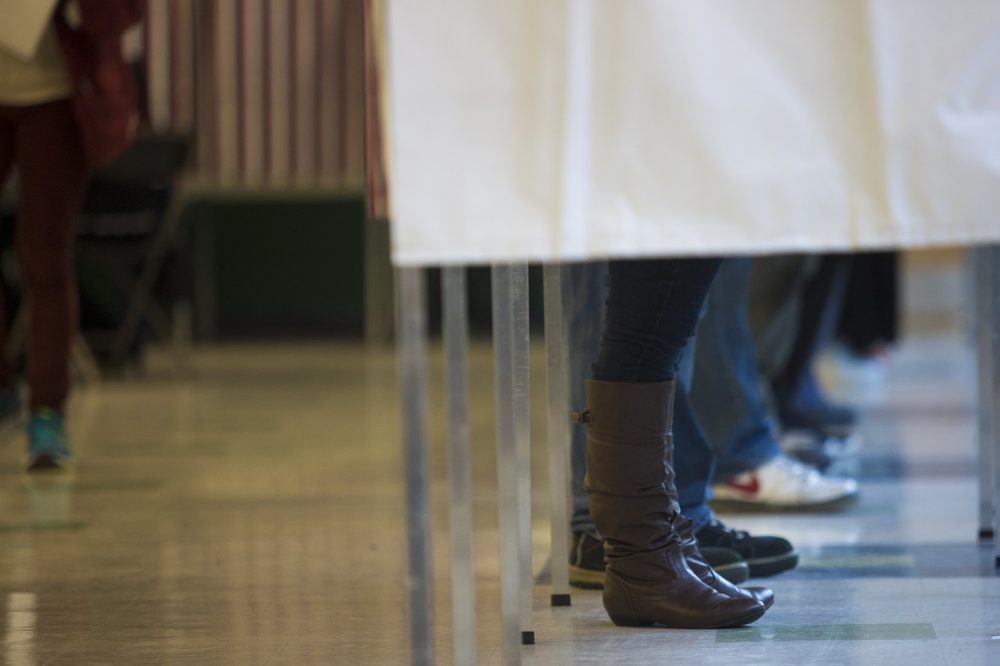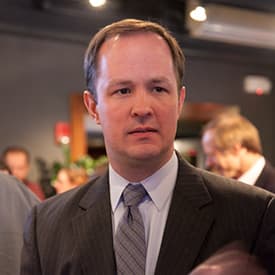Advertisement
Analysis: Early Thoughts About What Went Wrong With The Election Polls

Well, obviously the polls had a bad night, and a lot will be written about what went wrong. Here are few early thoughts as we watch the results coming in:
1. The polling problem was more at the state level. The state level polls missed in a number of states. While the final vote totals are still rolling in, it looks like polls in key battleground states overestimated Clinton. A systematic miss was always a major risk to the models. Nate Silver, of FiveThirtyEight, warned of this ahead of time, writing: "Polling errors are correlated across states — and could put Clinton at risk or put red states in play." In other words, if the polls miss in one state, they are more likely to miss in another state and another state since the same root causes may be at work. That appears to be what happened.
2. The national polls look like they may have done a bit better. As of this writing, it still looks like Clinton may win the popular vote by a small margin, maybe a point or two. If it happens, this would be the second time in the last 16 years that a Democrat has won the popular vote, but lost the electoral college. The final FiveThirtyEight polls-only forecast gave Clinton a 3.6 point lead in raw vote. This is a very respectable performance and not out of line with historical poll performance.
3. Should we have seen Trump's win coming? Many of the models coming into election night were vastly overconfident in a Clinton win. The least confident of all of the models was from FiveThirtyEight, and they only gave Trump a 29 percent chance. Others were in the 85 to 99 percent range, and clearly put too much confidence in the polls. The state-level polls missed in the same direction, causing the systemic failure of the models.
4. It will take time to sort out what this means for polling. One of the big questions coming in was whether polling is forever broken. Misses in high profile international contests lent credence to the questions swirling around the polling industry. As the dust settles, a lot of ink will be spilled over which methods worked, which did not, and what it means for the future. It's too early to say much about what they will find, but we'll be tracking it closely. The WBUR poll seems to have done reasonably well in the presidential contest, projecting the margins in New Hampshire and Massachusetts to within a point or two of where the contests appear to be headed.
5. There will still be polling. Collecting public opinion is important. Polling is, at its core, a way to listen to the voice of the public and share it in an organized way. Though it's getting harder to collect, I believe that public opinion is too important to be ignored.
